“People think I am the Asian version of Tony Stark … they are wrong. I am more like Alfred in Batman,” says prolific inventor, teacher, and futurist super-scientist Dr. Gordon Chiu.
Perhaps the superhero comparisons come from Chiu’s ability to process information much faster than the average person. Or maybe they come from his innovative achievements and excellence in multiple areas of science, industry, and education.
With 31 patents to his name, Chiu brings an integrative approach perhaps like nobody else on Earth. He has spearheaded ground-breaking work in areas such as viruses, graphene, dermatology, and agriculture, just to name a few. As a student, he had also worked as a NASA scientist and even did academic-sponsored research with the Drug Enforcement Administration, making the first naltrexone derivative to potentially block the dopamine response from the effects of cocaine.
It has been a long journey for Chiu, fueled by mentorship, angel investors – and humility. He continues to pay it all forward, doing what he can to help make the world a better place for his daughters and future generations. And the further one digs into Chiu’s experiences and insights, the more obvious – and inspiring – those superhero comparisons become.
“My whole life has been working on invisible things. Patents are invisible. You don’t get patents that are granted in your name or filed and approved unless you can see into the future, but the things that you see or do can’t be found in any textbook because that would violate the definition of the patent,” Chiu explains.
Although one of Chiu’s most recent patents could change the future of the cannabis industry and agriculture in general, his advice regarding COVID-19 – which he predicted in a 2009 documentary – is even more pressing and could save lives.
Beating COVID-19 with pH-10 Soap

Chiu’s work with viruses and his role in the U.S.’s response to the H1N1 crisis a decade ago are particularly relevant today as journalists, scientists, and physicians around the world turn to him for questions and insights about the COVID-19 pandemic.
According to Chiu, one of the most critical factors in fighting COVID-19 is ensuring people are using the right kind of soap. “People talk about washing your hands for 20 seconds, although it should really be with pH-10 soap,” he advises.
“The COVID-19 virus has these spikes, which are glycoproteins. These spikes are like keys that fit inside a lock (ACE2 receptors on our cells) thereby allowing the transfer of single-stranded RNA. Using pH-10 soaps can emulsify the virus and cause damage to the glycoprotein spikes.”
In other words, these spikes are how the virus binds with cells in the body where it can start wreaking havoc. Using the wrong kind of soap may not destroy those spikes, creating an even riskier situation for those who think they have clean hands, or even clean dishes for that matter.
During a video call, Chiu draws a diagram on the whiteboard in his office, showing how COVID-19 affects the alveolar sacs in the lungs, essentially causing them to collapse. “[These sacs] are like tiny little grapes that are inside your lungs, and when those things collapse, they don’t come back,” says Chiu, who was also trained as a physician under the National Institutes of Health and studied naturopathic medicine before deciding to focus on science and innovation.
“So, what happens when you get sick with the coronavirus, you could lose 30% of your lung function. Now, try singing a song after that, or try running after that. Your life, even if you live, potentially could be a miserable mess. It seems like nobody talks about that, either. So many people think this is just a simple flu, which is really peculiar.”
Chiu also openly wonders why first responders to COVID-19 don’t wear the same bio-protective suits that he and his colleagues wore during the H1N1 crisis.
He has also talked about the practice of adopting an anti-inflammatory diet for those who want to bolster their immune systems against COVID-19, speculating that perhaps Italy’s disastrous infection rate might be partially connected to the country’s heavy intake of pasta and refined grains.
Bringing Super-Science to Cannabis, Hemp, & Agriculture
One of Chiu’s most recently filed patents, titled "Plant Press Using Shearing Force" was published in March 2020 and could add a lot of value to cannabis and hemp extraction, as well as agriculture in general.
One of the most basic applications of the patent promises cannabis extraction with less waste, greater purity, and the ability to extract the often-overlooked cannabinoids from plant stalks and leaves.
“The story behind how I got into cannabis is probably more amazing than anything else that I’ve ever done,” Chiu notes. “I was not supposed to write that same patent that you read now.”
Essentially, Chiu had been pulled into a cannabis investment deal with some friends, and he wrote this patent to help increase the value of the investment. When the cannabis industry started to surge in 2018, the group of friends sold everything to a Brazilian investor, who just wanted to grow and didn’t want the patent.
“So we got to keep the patent and continued to incubate it. And then in 2019, it looked like we were silly to have sold the cannabis, right? But then in the second quarter of 2019, it looks like cannabis took a dive. And so by 2020, where we are now, a lot of companies are very low on cash flow and things like that. And then you have this patent that gets published.”
When Chiu first got involved in cannabis work, one of the first things he noticed in the industry was a desperate need for high-level scientists.
“You need an integrated background to provide those rare foresights, such as the patent I wrote, which provides a different way of extraction, low cost, streamlined,” Chiu explains. “But no extractor has ever been built to also provide disinfection and humidity control in order to promote or propagate seed-life extension, which is pretty vital.”
The big question: what other kinds of impactful innovation would cannabis see if more scientists got involved?
Not Enough Scientists in Cannabis Due to Stigma

According to Chiu, the dearth of top scientists in cannabis exacerbates an important issue, namely bad science.
Any time the scientific method is eschewed and people fail to track their data, the results can bring about serious, potentially dangerous issues, he says.
In the cannabis world, bad science is what leads to people consuming contaminated products, inhaling harmful mold spores or even glass particles.
“So that explains, if you have an open mind, how cannabis and cannabis seeds and hemp seeds could be a massive risk if you don’t have a lot of scientists and people working on downstream products,” Chiu says.
“The reality is that there aren’t so many scientists available in the world to work on all the wonderful, shiny, exciting things. And cannabis doesn’t look shiny and exciting to most scientists. It looks like, ‘Oh, this is highly regulated, and it’s got problems.’”
This is why it’s important for people and scientists to be open-minded, Chiu continues. “I view chemical compounds from nature as beautiful things. I think that we, as human beings, don’t quite understand all of that.”
When Chiu first started working on this cannabis press patent, he was hesitant at first because of the stigma. How would this association with cannabis potentially affect his government clearances, his work as a teacher and tutor, or even the “Dr. Wholesome’s Academy” he founded in 2018?
“But the reality is that there shouldn’t be any hesitation. It’s like, would I have hesitated in working on H1N1? No, there was no hesitation. It was good for my resume,” he explains.
Chiu believes that a lot of talented scientists – more than we might imagine – are reluctant to work in cannabis because of the stigma. “And I think that there hasn’t been a force to correct that. It’s like a scientist saying ‘Oh, I don’t want to work in batteries, because it might leave a mark on my resume.’”
To Chiu’s scientific mind, there should be no stigma around cannabis, especially when other scientists consider bringing their skill sets to this emerging industry and to a plant that has proven to add value to peoples’ lives and to public health in many different ways.
“We need to protect what we have, cherish what we have. The cannabis industry has gotten to where it is … how do we take it further so that it can be something that is completely different, you know?”
The Bluntness is gearing up for big things. Don't miss out! Sign Up for our email list to stay in the loop.
(This article was originally published with Green Flower by Gregory Frye on July 22, 2020.)
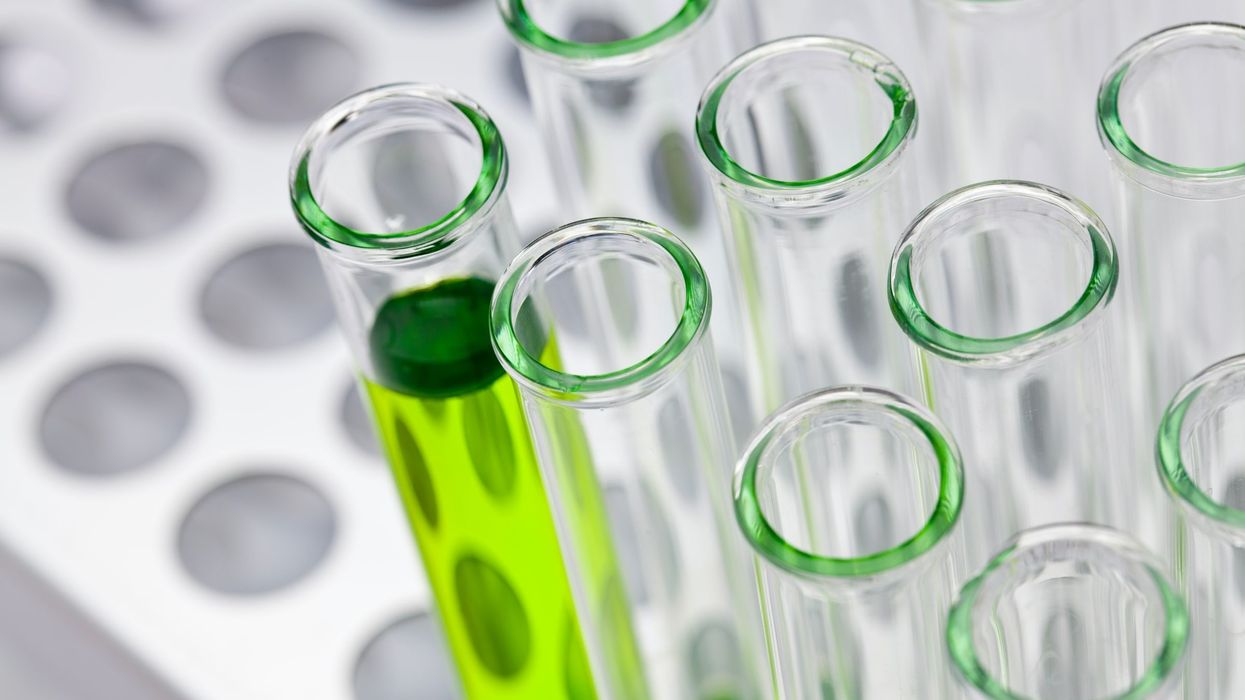














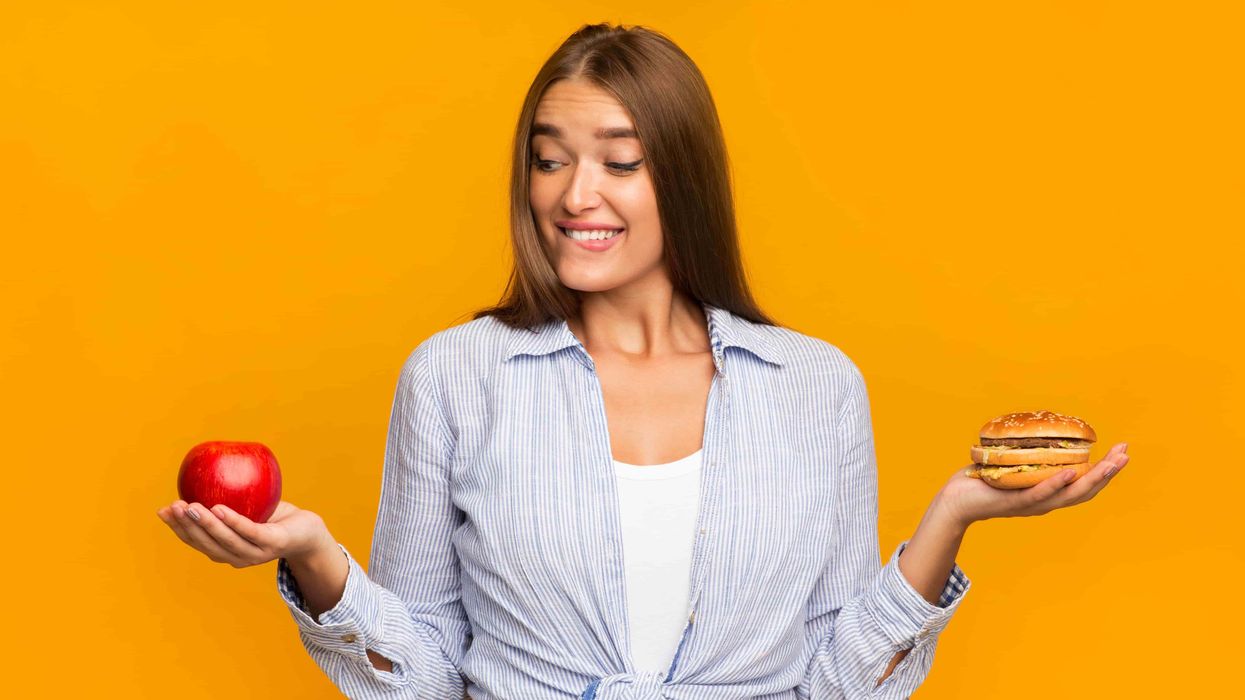

 How to Store Magic Mushrooms
How to Store Magic Mushrooms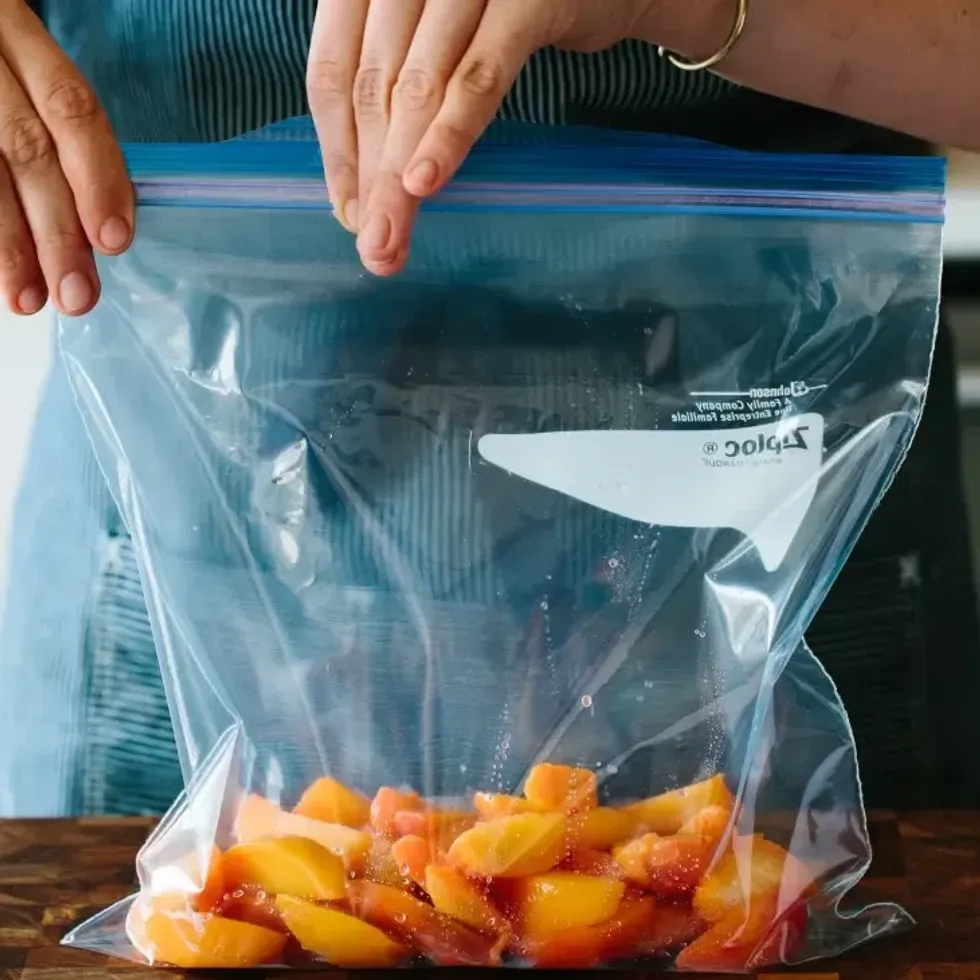 How to Store Magic Mushrooms
How to Store Magic Mushrooms How to Store Magic Mushrooms
How to Store Magic Mushrooms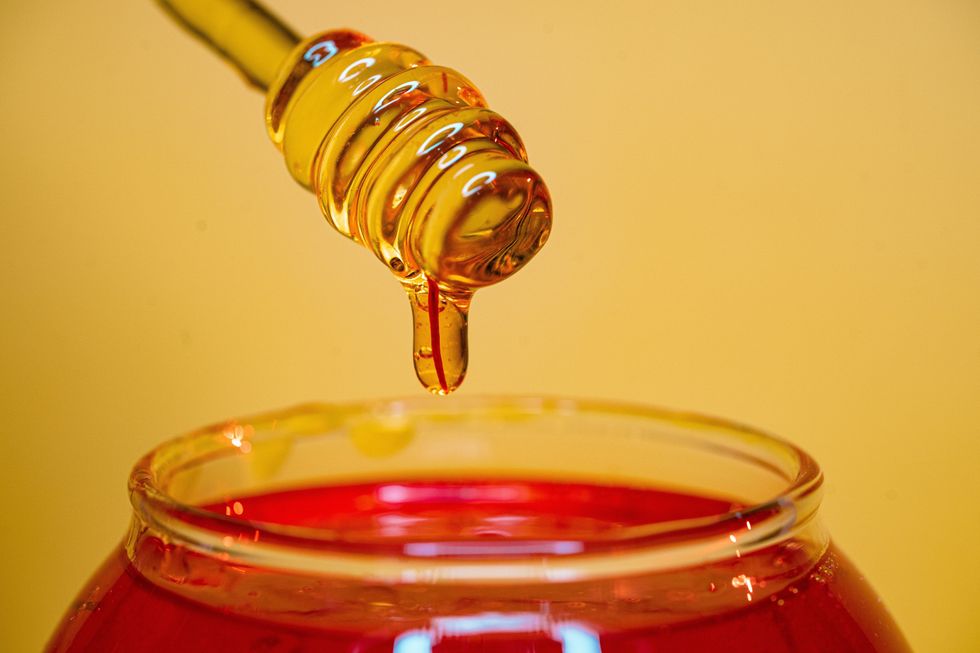 How to Store Magic Mushrooms
How to Store Magic Mushrooms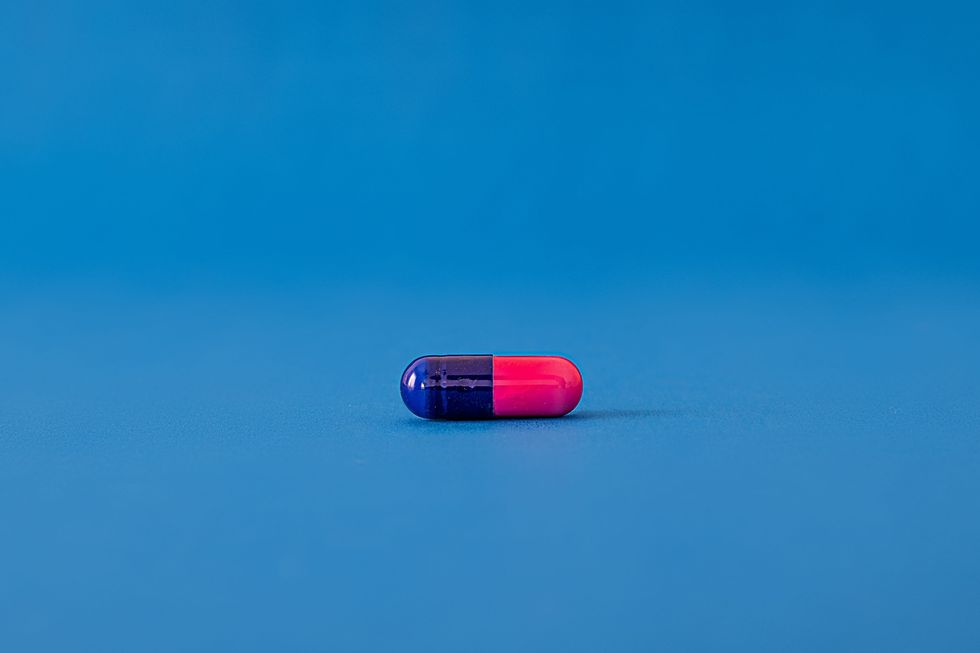 How to Store Magic Mushrooms
How to Store Magic Mushrooms